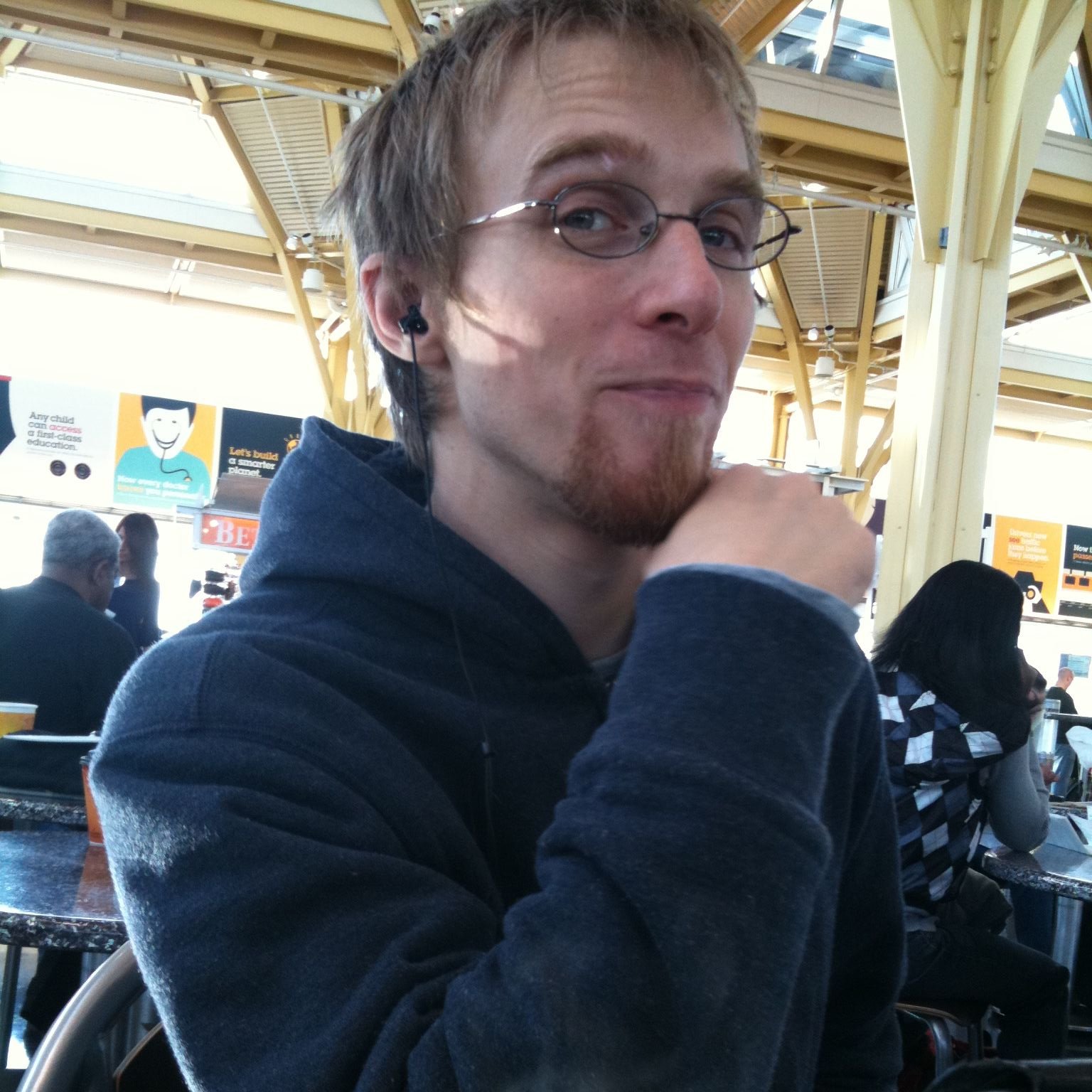There’s a neural unity of virtue and vice—pleasure is our compass, no matter the path we take
There’s a neural unity of virtue and vice—pleasure is our compass, no matter the path we take.

Welcome. My name is Jeremiah John, sf/f author & activist.I tell liberationist stories.. . . More About Me
There’s a neural unity of virtue and vice—pleasure is our compass, no matter the path we take.
Religion has a history, and what counts as religion and what does not in any given context depends on different configurations of power and authority.
I am here. Those three words contain all that can be said--you begin with those words and you return to them.
Does fiction, in fact, have anything whatever to do with truth? Is it possible that this complicated instrument, fiction, studies nothing but itself—its own processes?
Constant rubbed his hands together. The only company he had left on Titan was whatever company his right hand could be for his left. "I miss her," he said.
"You finally fell in love, I see," said Salo.
"Only an Earthling year ago," said Constant. "It took us that long to realize that a purpose of human life, no matter who is controlling it, is to love whoever is around to be loved."
“To love at all is to be vulnerable. Love anything and your heart will be wrung and possibly broken. If you want to make sure of keeping it intact you must give it to no one, not even an animal. Wrap it carefully round with hobbies and little luxuries; avoid all entanglements. Lock it up safe in the casket or coffin of your selfishness. But in that casket, safe, dark, motionless, airless, it will change. It will not be broken; it will become unbreakable, impenetrable, irredeemable. "
"And housework of all kinds is increasingly relegated to the fringes of lives filled with other things. In her book The Time Bind, the sociologist Arlie Hochschild documents the increasing prevalence of homes in which every adult member of the household works full time for pay outside the home and no one bears explicit, dedicated responsibility—even part time—for tasks inside the home.The result, she says, is homes so chaotic and unstructured that all the adults in the household would rather be at work than at home. After all, at work people know what their jobs are and can take a break when they’re done; at home all anyone knows is that it is a mess waiting for someone to clean it up.
[...]
"Some would scoff at primitive cave-dwellers who imagined that their representations of animals on cave walls could magically affect the hunt. Yet today we produce our own talismans, our own systems of magic symbology, and indeed affect physical reality through them. A few numbers change here and there, and thousands of workers erect a skyscraper. Some other numbers change, and a venerable business shuts its doors. The foreign debt of a Third World country, again mere numbers in a computer, consigns its people to endless enslavement producing commodity goods that are shipped abroad.
"The results of reflection are both dangerous and unforeseeable because one can never tell whether the decision which saves a man from evil is reached after thorough consideration, or whether it is simply the exhaustion resulting from reflection which prevents him from doing wrong."
"In our politically correct times, it is always advisable to start with the set of unwritten prohibitions that define the positions one is allowed to adopt.The first thing to note with regard to religious matters is that reference to “deep spirituality” is in again: direct materialism is out; one is, rather, enjoined to harbor openness toward a radical Otherness beyond the ontotheological God. Consequently, when, today, one directly asks an intellectual: “OK, let’s cut the crap and get down to basics: do you believe in some form of the divine or not?,” the first answer is an embarrassed withdrawal, as if the question is too intimate, too probing; this withdrawal is then usually explained in more “theoretical” terms: “That is the wrong question